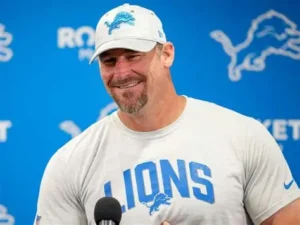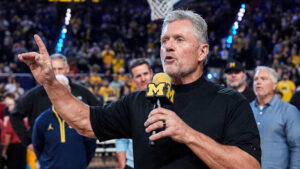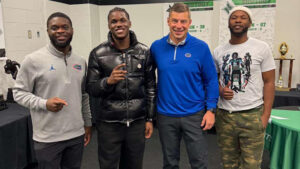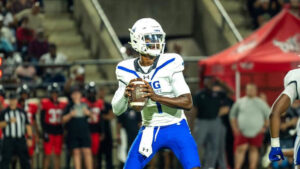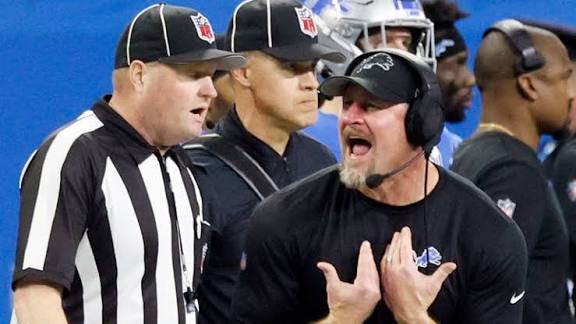
The Detroit Lions continue to make noise as NFC contenders in 2025, but a strange moment from Week 6 against the Kansas City Chiefs has sparked ongoing debate. What looked like a creative trick play — David Montgomery throwing a touchdown pass to Jared Goff — quickly turned into one of the season’s most controversial officiating calls.
The play was initially ruled a touchdown before being overturned for illegal motion, erasing six points and leaving head coach Dan Campbell visibly frustrated. After the game, Campbell suggested the decision “came from New York,” implying that the NFL’s Art McNally GameDay Central had intervened in the call. However, the league has officially denied that claim.
NFL Responds to Campbell’s Accusation
Troy Vincent, the NFL’s executive vice president of football operations, addressed the situation on Thursday and made it clear there was no interference from the league office.
“It was not us,” Vincent told Mike Florio of ProFootballTalk. “I don’t know who Coach Campbell was referring to, but we did not step in on that call. GameDay Central doesn’t handle those types of rulings.”
Vincent explained that GameDay Central isn’t authorized to flag illegal motion or shift penalties, as those are strictly judged by on-field officials. He pointed out that fans could even hear the referees discussing the call in real-time during the broadcast.
“You could hear them talking right away, even before the touchdown was completed,” he added.
Why Did the Flag Come So Late?
One lingering question from the incident was the timing of the flag, which was thrown only after the play had finished. Vincent compared it to how referees coordinate during intentional grounding reviews, where several officials must verify different aspects of the rule before confirming a penalty.
“They have to communicate,” Vincent said. “This was similar — officials confirming details in real time before the flag comes out. But there was no input from GameDay Central on that play.”
That version of events lines up with lead referee Craig Wrolstad’s comments after the game. Wrolstad clarified that he was focused on Goff’s positioning behind the center while the down judge and line judge monitored the player in motion.
“We had to double-check if the quarterback had fully stopped before the motion began,” Wrolstad said. “That back-and-forth caused a short delay and a bit of confusion.”
The Takeaway
While the NFL’s response won’t satisfy Lions fans who still believe a touchdown was wrongly taken away, it officially refutes Campbell’s theory that the call originated from league headquarters.
The controversy highlights the ongoing strain between NFL coaches and officiating crews, particularly regarding communication and transparency. For Campbell and Detroit, the frustration runs deeper than one lost touchdown — it reflects a broader concern about how decisions are explained and who’s truly making them.

